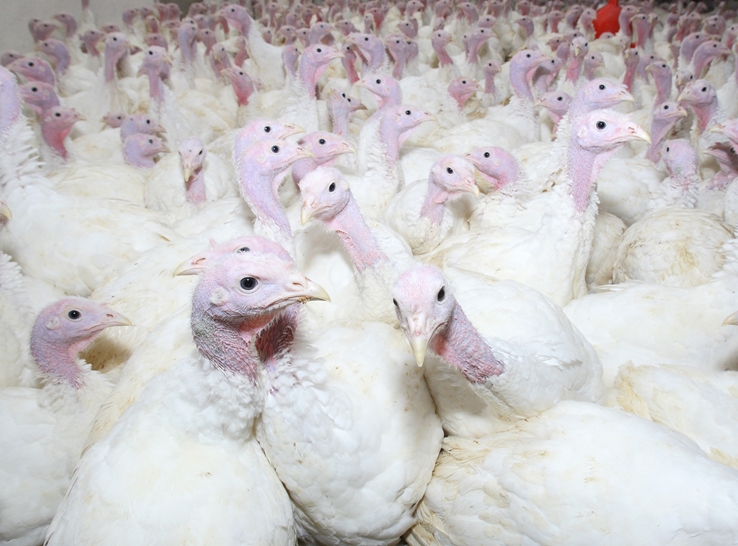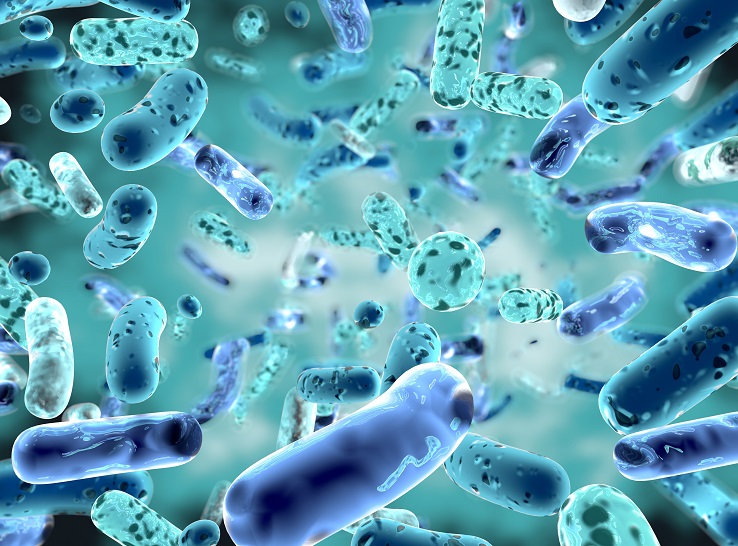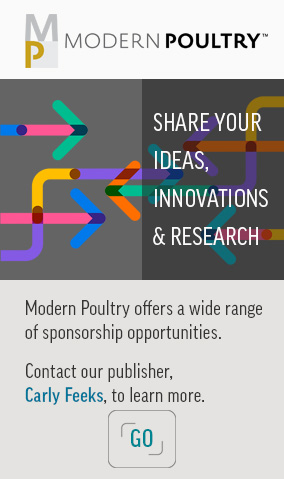Second in a series
Sustainability associated with food-animal production encompasses environmental, economic, and social issues. Adding to the complexity is the fact that participants of the supply chain and consumers have growing influence on the food-animal sector.
“The animal industry has always embraced new realities and moved forward,” said Mojtaba Yegani, an independent poultry consultant based in the United States. “It’s fascinating how strong the industry has become over decades of continuously striving to be better.” Those traits will continue to be tested in the years ahead.
In a series of blogs for The Poultry Knowledge Group, Yegani addressed the roles of animal welfare, health, and nutrition as they relate to sustainability, but he also dug into how the supply chain and consumers impact the discussion.
Supply chain
A reliable supply chain is essential to ensure sustainable animal production, food supply and economic viability for individuals directly and indirectly involved in food-animal production, Yegani noted. The world has gotten a taste of this in recent years with the COVID-19 pandemic.
“Supply chain sustainability can be affected by a wide range of factors,” he said, citing some of the major ones:
- Global trade disagreements between countries, such as the United States and China. This can lead to tariffs on products or even shutting off market access.
- Nature-related complications such as hurricanes and droughts, which can impact production and infrastructure.
- Global disease outbreaks, both human and animal related. COVID-19 disrupted various segments of the supply chain, and animal diseases can close markets or reduce food supplies, as in the case of avian influenza.
In various combinations, these factors can impact energy, transportation, and freight costs, create workforce shortages, and disrupt feed ingredient access and equipment supplies. Add it up and it can result in higher production costs for animal systems.
“COVID-19 has had serious impact on global animal production sectors,” Yegani said. “It exposed the weakness of the global food-animal supply chain, showing that an interruption in one sector can impact the whole supply chain.
“It illustrated that we need to improve these vulnerabilities and develop back-up strategies to keep things moving intact.”
Consumers
Consumers have increasingly developed sustainability expectations and perceptions related to food-animal production systems. “And consumers are an important part of the three main principles of sustainability programs – animal, planet and people,” Yegani noted.
In a recent consumer study of more than 3,600 people, from six countries, representing varied demographics, were asked their perception of sustainable products and whether they would be willing to pay more such products. Not surprising, there was a wide range of perspectives.
In general, the participants perceived a sustainable product as an organic product. The higher the respondent’s education level, the more favorable their attitude toward sustainability. “This may be due to the financial stability of such individuals,” Yegani said.
Also, millennials paid more attention to sustainability and related topics than other age groups.
Overall, the study revealed that global consumers are not yet ready to pay extra for products produced in a sustainable manner. “This is an important reality as we talk about and plan for sustainability issues,” Yegani added.
It is also clear that animal welfare-related issues are increasingly important to consumers’ assessment of commercial food-animal production and the quality, ethical and environmental characteristics of the final product.
“This requires players in the food production value chain to be more proactive in fulfilling sustainability, societal and consumer expectations,” he said. “At the same time, consumers need to be willing to support these initiatives by paying more for such products.”
Building consumer’s understanding of food-animal production and what occurs on the farm is a long-term priority, Yegani noted. “The stronger the connection, the better it will be for all of us,” he added. “It’s not an easy task and requires significant collaboration, engagement and commitment among stakeholders, including consumers.”
See Part 1: How animal welfare, health and nutrition drive production practices





